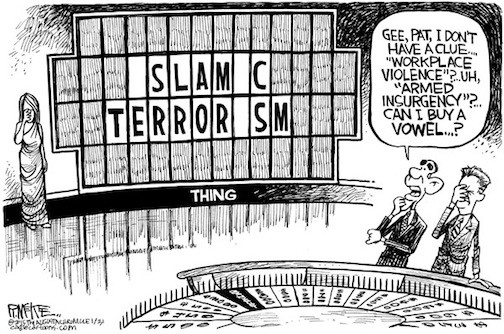At the U.N., getting anti-Semitism wrong, again
You have to hand it to the United Nations. It’s hard to think of another body that would organize a special meeting on the subject of rising anti-Semitism with anti-Semites not just in attendance, but making speeches as well.
The Jan. 22 meeting on the subject at the U.N. General Assembly, organized in the run-up to International Holocaust Remembrance Day, started well enough. The keynote speaker was French philosopher and author Bernard-Henri Levy, who used the occasion to mount a forthright denunciation of what he called “the delirium of anti-Zionism.”
That he did so from the same podium where the infamous “Zionism is racism” resolution in 1975 was first moved was deliciously ironic, though I can’t say for sure whether anyone else in attendance made that connection, and Levy didn’t point it out.
Levy explained that there were three key aspects to the current upsurge of anti-Semitism: the demonization of Israel as an illegitimate state, the denial of the Holocaust, and what he described as “the modern scourge of competitive victimhood,” whereby Jewish efforts to commemorate the Holocaust are scorned as an attempt to belittle the sufferings of other nations.
For good measure, Levy also expertly dispensed with some of the myths that surround the current debate on anti-Semitism, notably the contention that Jew-hatred would go away if only the Palestinians had a state of their own.
“Even if the Palestinians had a state, as is their right—even then, alas, this enigmatic and old hatred would not dissipate one iota,” Levy declared, as the assembled delegates scratched their heads in puzzlement and, one might add, a degree of nervousness.
But did Levy’s message—essentially, that anti-Zionism, the denial of the right of national self-determination to the Jewish people, is the principal pillar upon which today’s anti-Semitism rests—get through?

 47.0°,
Mostly Cloudy
47.0°,
Mostly Cloudy 




